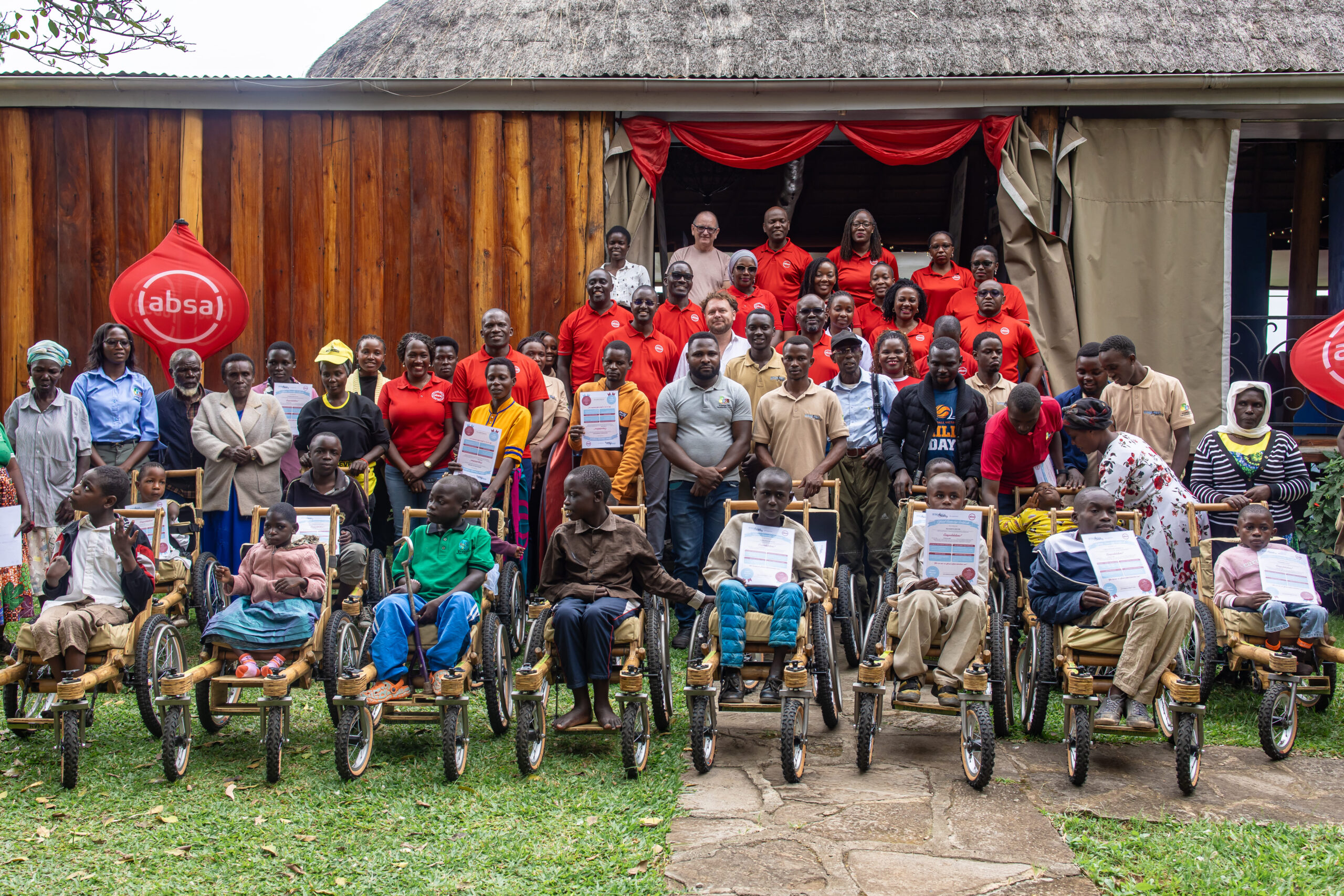By Ibrahim Senyonga
It is now evident that Uganda’s path to socio-economic transformation will not be driven by connectivity alone but by how that connectivity is translated into real value through platforms, digital tools, and strong public-private collaboration.
At the Second Annual ICT National Summit held at the National ICT Innovation Hub in Nakawa, Kampala, under the theme “Harnessing Digital Innovation for Sustainable Economic Growth” (July 17–18, 2025), one message stood out clearly: the digital future is no longer a distant prospect; it is here. And how we respond collectively will determine whether we merely adopt technology or fully harness it to address Uganda’s most pressing development challenges.
We are witnessing a regional and indeed global shift from traditional telecommunications to platform-based technology ecosystems. The modern digital economy now demands more than access to voice and data. It requires scalable solutions in cloud computing, IoT, artificial intelligence, cybersecurity, digital finance, and business intelligence. These capabilities are no longer optional; they are essential enablers for governments, businesses, and individuals seeking to thrive in an increasingly digital world.
What we must now prioritise is not only expanding access, but ensuring that our systems, policies, and talent are aligned with the opportunities that digital transformation presents.
Take the agriculture sector, for example. The real innovation is not just putting a smartphone in a farmer’s hand, but integrating that device with platforms that connect to buyers, provide market price information, enable secure payments, and offer climate-smart advisories. With the right support, even smallholder farmers can participate in structured, digitally enabled value chains.
In transport and logistics, we have already seen the impact of route optimisation, mobile ticketing, fleet monitoring, and urban mobility apps. When powered by real-time data, the movement of goods and people becomes safer, more efficient, and more accountable.
In manufacturing, digital technologies are helping factories monitor production lines, manage energy usage, reduce downtime, and optimise distribution networks. These are not futuristic ideas; they are solutions that already exist and are being implemented with measurable impact.
The services sector, particularly healthcare, education, fintech, and the creative economy, is also entering a new era. From telemedicine platforms and e-learning tools to mobile lending and digital content creation, service delivery models are being redefined. The key now is to ensure that innovation is inclusive and that SMEs and startups have the tools and infrastructure to scale.
However, this shift to a digitally empowered economy requires more than technological ambition. It requires deliberate investment in digital skills, reliable and affordable internet, interoperable systems, and a regulatory environment that fosters innovation while protecting consumers.
Equally important is the move toward long-term infrastructure sharing and “infrastructure-as-a-service” models that can drive down costs and expand reach, especially in rural areas. This will enable more public institutions, entrepreneurs, and local governments to access the tools needed for digital service delivery without having to make prohibitive capital investments.
But digital transformation cannot and should not be left to the private sector alone. Governments, development partners, academia, and civil society all have critical roles to play. Together, we must co-create solutions that reflect the realities of our communities while leveraging the best of global innovation.
Ultimately, the digital transformation of Uganda is not about devices or bandwidth alone. It is about enabling a new kind of economy; one that is more inclusive, data-driven, and adaptive to change. The priority now is to turn ambition into execution, and connectivity into capacity.
If we invest wisely, build strategically, and collaborate boldly, Uganda will not only catch up with the Fourth Industrial Revolution, but it will help shape it.
The writer is the General Manager, Enterprise Business Unit at MTN Uganda.





















